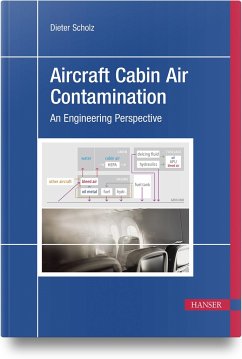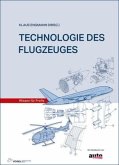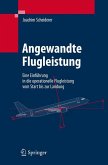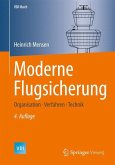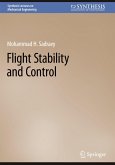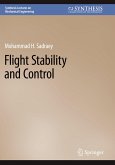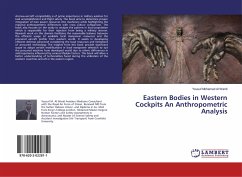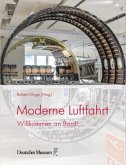Over time, many people have become sick due to contaminated aircraft cabin air. Although the problem has been known since the 1950s, it has received more public attention in the last 25 years. Reports about airplanes experiencing so called fume events are in the news almost weekly.
For technical reasons, highly toxic chemicals are added to the oil used in jet engines. These substances leave their intended places and get distributed everywhere. Unfortunately, while spreading, the substances also arrive in the human body with health and flight safety consequences. All occupants are potentially affected, but predominantly the crew, who spend much more time in an airplane than even a frequent flyer. On the one hand they experience cabin air contamination events (fume events), which can lead to nausea, headache, breathing problems and more, on the other hand they are constantly exposed to low dose contamination which accumulates over time.
This book offers insights intothis hotly debated topic from an engineering perspective. The author explains in detail why and how chemicals get into the cabin and what can be done to avoid aircraft cabin air contamination now and in the future.
For technical reasons, highly toxic chemicals are added to the oil used in jet engines. These substances leave their intended places and get distributed everywhere. Unfortunately, while spreading, the substances also arrive in the human body with health and flight safety consequences. All occupants are potentially affected, but predominantly the crew, who spend much more time in an airplane than even a frequent flyer. On the one hand they experience cabin air contamination events (fume events), which can lead to nausea, headache, breathing problems and more, on the other hand they are constantly exposed to low dose contamination which accumulates over time.
This book offers insights intothis hotly debated topic from an engineering perspective. The author explains in detail why and how chemicals get into the cabin and what can be done to avoid aircraft cabin air contamination now and in the future.

